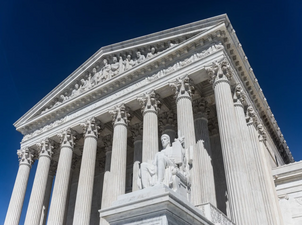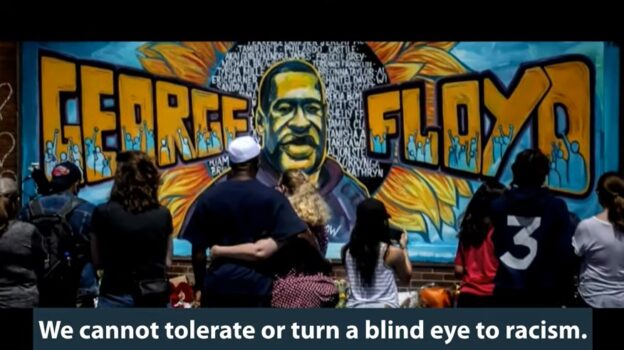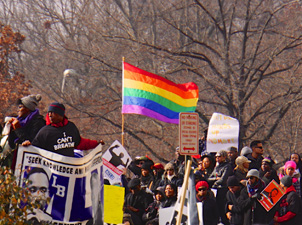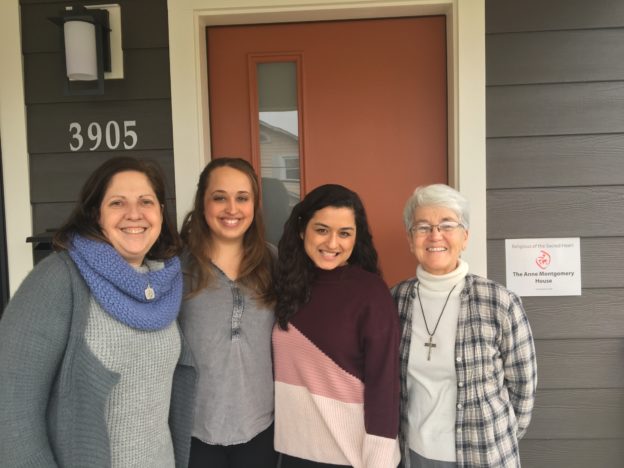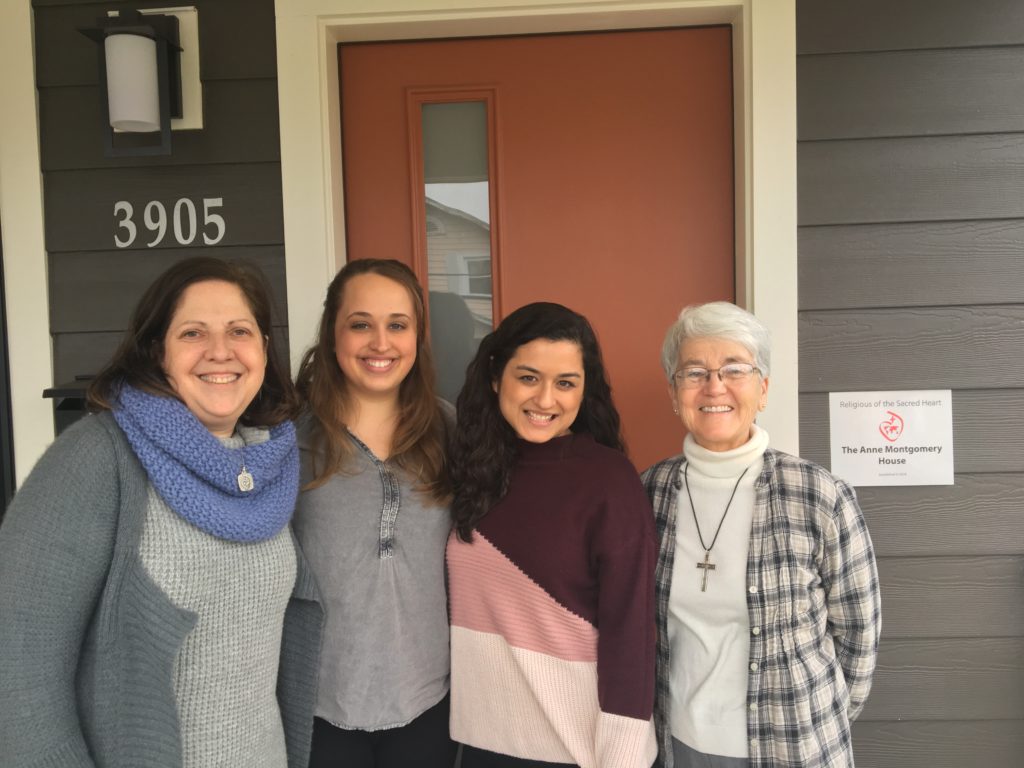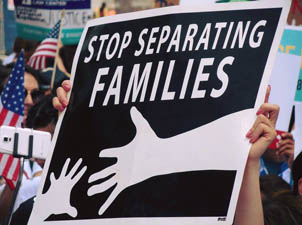
NETWORK Urges Congress to Pass the Paycheck Fairness Act
Gina Kelley
April 14, 2021
Ahead of the expected House vote on the Paycheck Fairness Act (H.R. 7) NETWORK sent a letter to members of the House of Representatives urging them to support this legislation as it eliminates loopholes in existing legislation, helps break harmful patterns of pay discrimination, and strengthens workplace protections for women.
Our faith teaches us that just and equal pay is necessary to recognize the dignity of work. Almost six decades after the landmark Equal Pay Act was signed into law, the gender and racial pay gap persists and this legislation takes a necessary and immediate step towards ending this immoral reality. Women, especially women of color, have been carrying a devastating burden for decades. Equal pay cannot be up for debate. Women have been economically exploited and treated as second-class citizens since the inception of this country. Widespread wage discrimination continues that legacy today. The Paycheck Fairness Act takes a necessary step towards ending systemic wage theft and discriminatory practices against women.
The choice could not be clearer. Now is the time to support women. NETWORK advocates strongly urge Congress to pass the Paycheck Fairness Act because of the victories it achieves for working women across the country.
Read Our Vote Recommendation Letter on the Paycheck Fairness Act (H.R.7)








